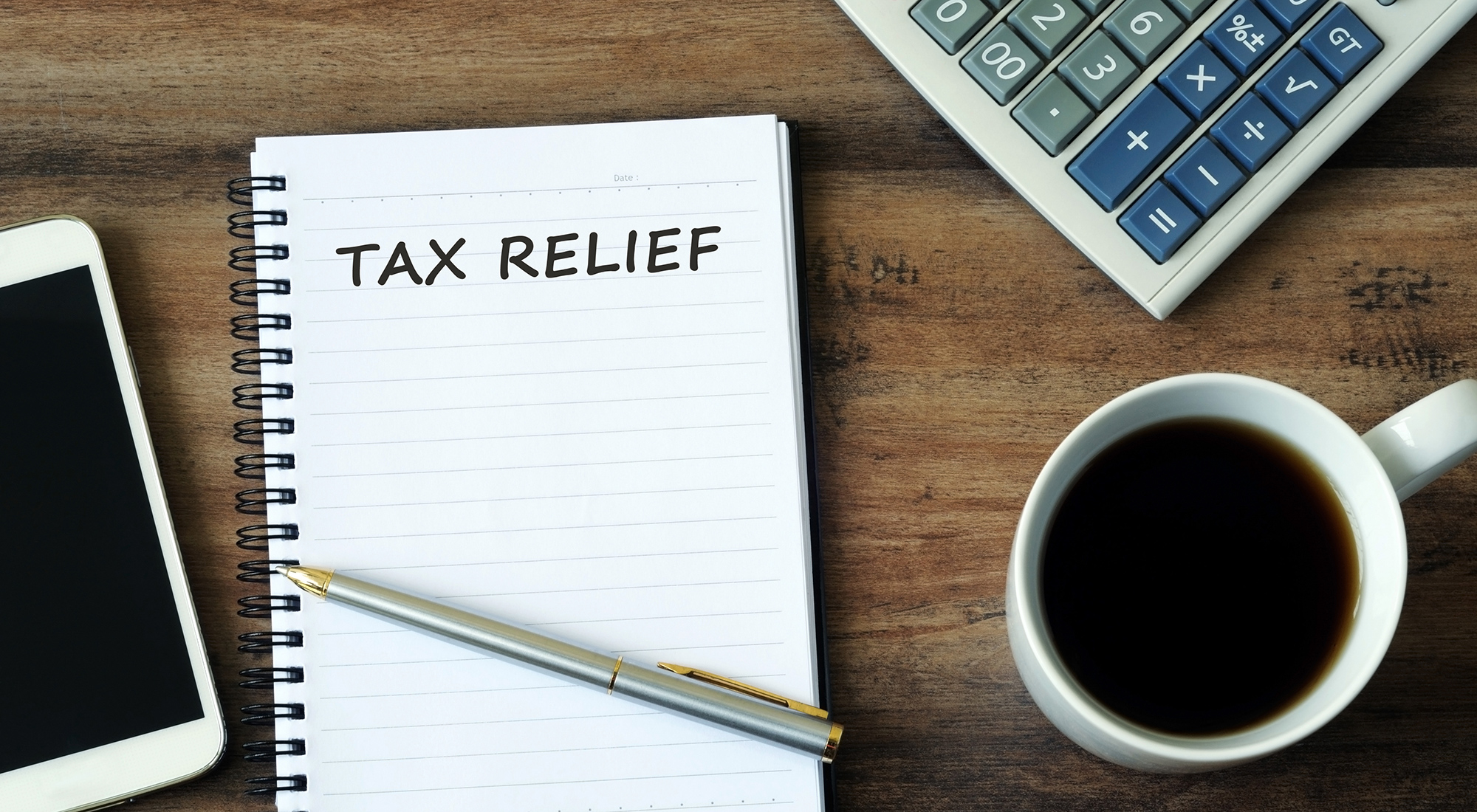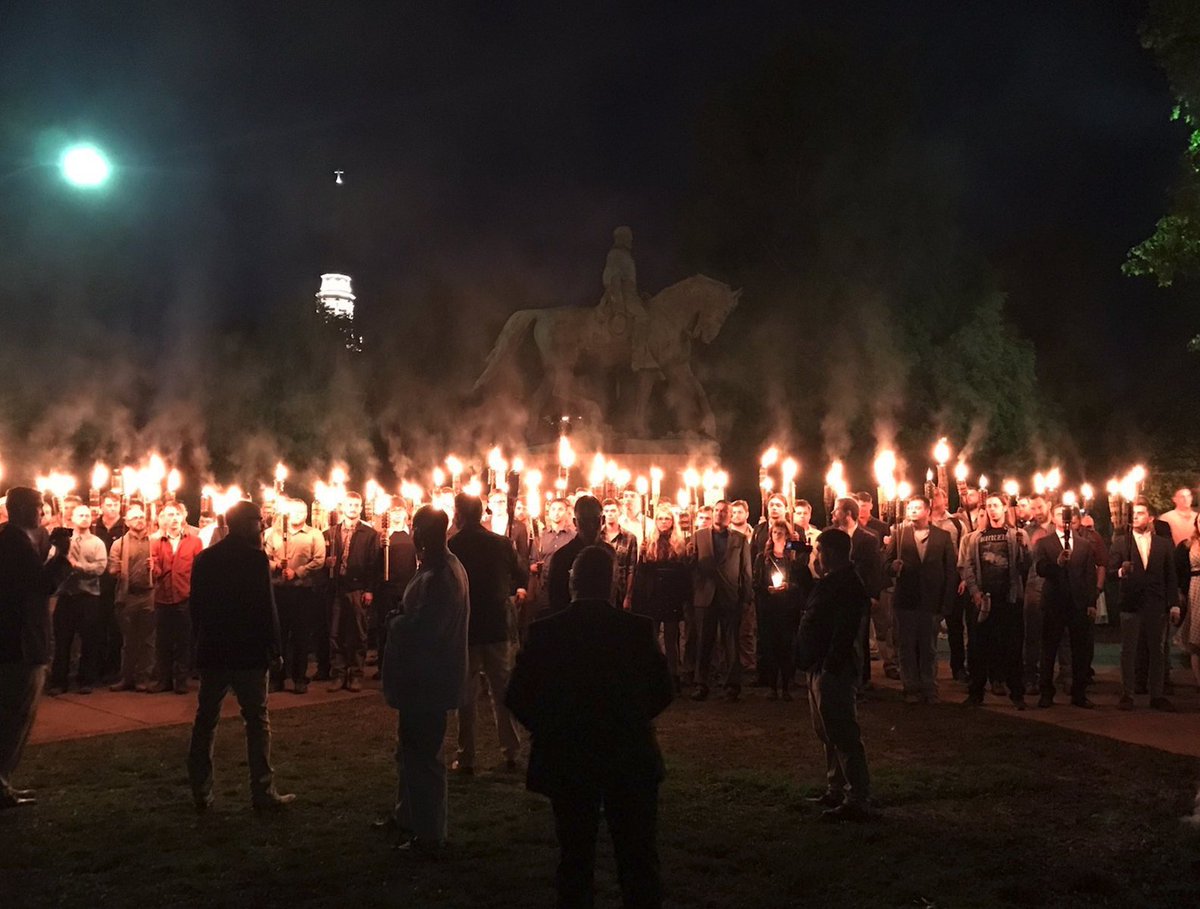More than 400,000 Virginians failed to receive their $110 “Windfall Income Tax Rebate” in 2019 because, for perfectly valid and acceptable reasons, they received an authorized extension to file returns after July 1. That allowed the Commonwealth of Virginia to hold onto $46 million more of the un-legislated state tax increase created by conforming to new federal tax rules.
Some undetermined number of those were military families with a Virginia “tax home” who routinely get extra time to file. It could include servicemen and women deployed in combat zones. Other people ask to file late because of a complicated business transaction, or personal illness or tragedy. Why would that disqualify them from the $220 per couple rebates the rest of us received?
Del. Jason Miyares, R-Virginia Beach, had his House Bill 607 all teed up to fix that Wednesday in the House Finance Committee. It would have allowed those late filers to get the rebate this year, instead. But the bill was not up for quick action Wednesday in order to pass, but in order to die. The Northam Administration was prepared to oppose the bill and seek its defeat, given it creates a $46 million hole in the revenue estimates for the new budget.
The Thomas Jefferson Institute for Public Policy was present and prepared to speak for this modest piece of unfinished tax reform business, but it was not to be. Committee Chair Vivian Watts, D-Annandale, announced it would be heard instead in a subcommittee, probably next week. Subcommittees meet in smaller rooms, with no recorded video. Subcommittees are where only a handful of legislators can kill a bill. What happens to this bill will be a good test of whether the House of Delegates runs differently under Democrats.
When the General Assembly decided last year to respond to the income tax windfall with small, one-size-fits-all and one-time-only tax rebates, it was highly questionable policy. But good or bad, it ought to be uniformly applied. It made sense that people who missed the deadline to file for valid reasons might not qualify for a check immediately, in the first round, but all understood the opportunity was there for a second round of reform or rebates.
They earned this money. On June 29 they had a right to get it back, and on July 2 they didn’t? That’s wrong.
In fact, the legislation that passed in 2019 set up a segregated fund to hold the additional income tax “windfall” for future action, and during the fall it was projected it would soon come to contain hundreds of millions of dollars. Then something happened. Governor Ralph Northam simply swept the dollars into his budget, proposed to spend them, and put in language to kill the Taxpayer Relief Fund. It barely lived past Election Day, unless this General Assembly rebuffs him and revives it.
So, the fiscal impact statement on Miyares’ bill warns that its passage would require cuts to the general fund budget, rather than just tapping into a special fund. That statement is usually more than sufficient to kill any proposed tax cut or tax credit. The other result of that statement might be that the Finance Committee simply sends the bill over to the spending committee, House Appropriations, to let it do the dirty work and kill the bill.
More permanent tax reform would be a better use for that Taxpayer Relief Fund, should it somehow be revived. People are starting to wake up to what a Roanoke Times columnist recently called a stealth tax increase. The best solution, which the Thomas Jefferson Institute continues to advocate, is allowing families larger standard deductions to lower their taxes.
But if the $220 per couple rebates is what we get, with no prospect for additional reform, then all should get them one way or another. My parents once upon a time were one of those Virginia taxpaying families sending in tax returns from a military APO address. There is no fair reason why a taxpayer with a legitimate reason to file after July 1 should lose out. The windfall tax hikes certainly hit them, too.
A failure to include them will simply add to the cynical view that the rebates last year, with the promise of additional help from the Taxpayer Relief Fund this year, was simply election year legerdemain.
Stephen D. Haner is senior fellow for state and local tax policy with the Thomas Jefferson Institute for Public Policy. Contact him at steve@thomasjeffersoninst.org. A version of this updated commentary originally appeared in the online Bacon’s Rebellion blog.





